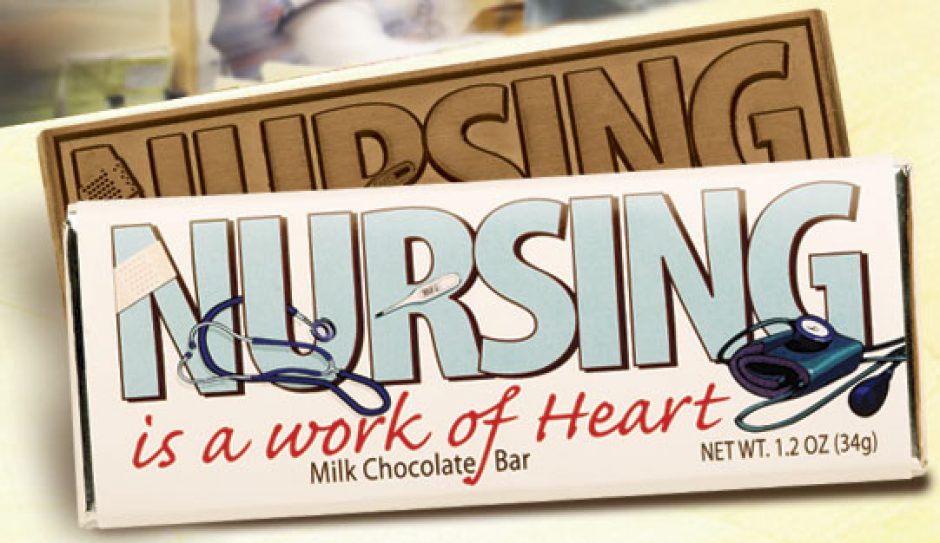My outlook on pursuing a bachelor in nursing after receiving my associate’s degree has changed significantly since I’ve started the program. I originally thought there was no point to it, as I already had all the clinical knowledge and skill sets I needed to function effectively and safely. My opinion quickly changed when I took courses such as research, leadership, community, and professional nursing. After taking these courses I feel more able and confident to function in a work place because they filled in the essential gaps of what it means to be a nurse in the year 2017.
Nursing is a career that continuously evolves, our roles are branching out requiring strong leadership skills, familiarity with preventative care in the community (as the medical field attempts to make its shift from hospital care to community care) and the ability to make a large scale impact by taking on professional roles (political activist or advocates in the healthcare realm). This program has made me realize it is important to be well-rounded about the possibilities of a nursing career beyond the associate’s level. Being prepared at the associate’s level is just the entry point and nurses must aim high to continue their education for the sake of quality of care to provide to patients. The bachelors program has also mitigated my fears of public speaking and reinforced group work as most courses required presentations and excellent intercommunication skills. Both are skills strongly desired by employers looking to fill nursing positions. As graduation rolls around the corner, I’m grateful for taking this program as I feel more knowledgeable and confident to take on a nursing position. I feel excited to venture out to find my ‘fit’ in the nursing field so that I can plan to prepare myself at the graduate level.



